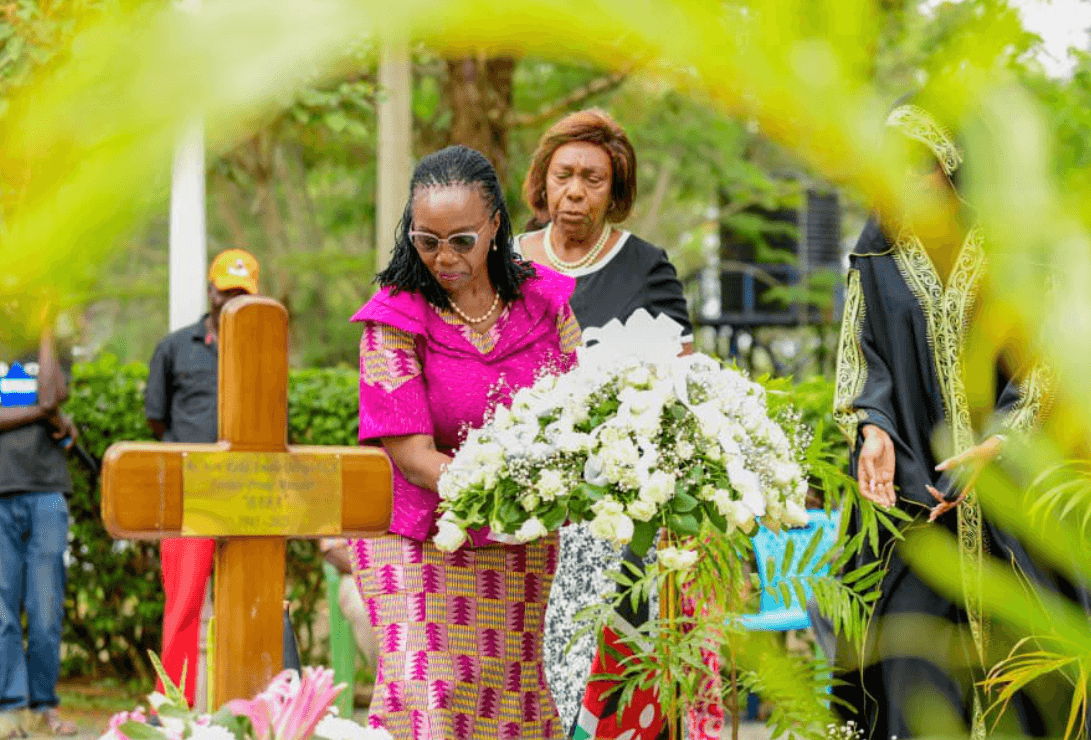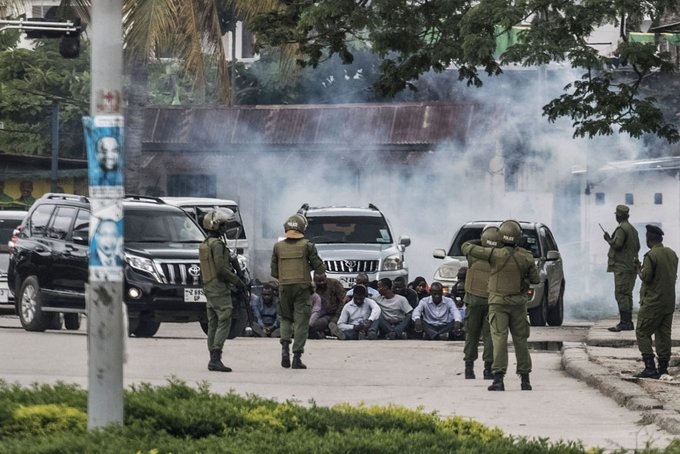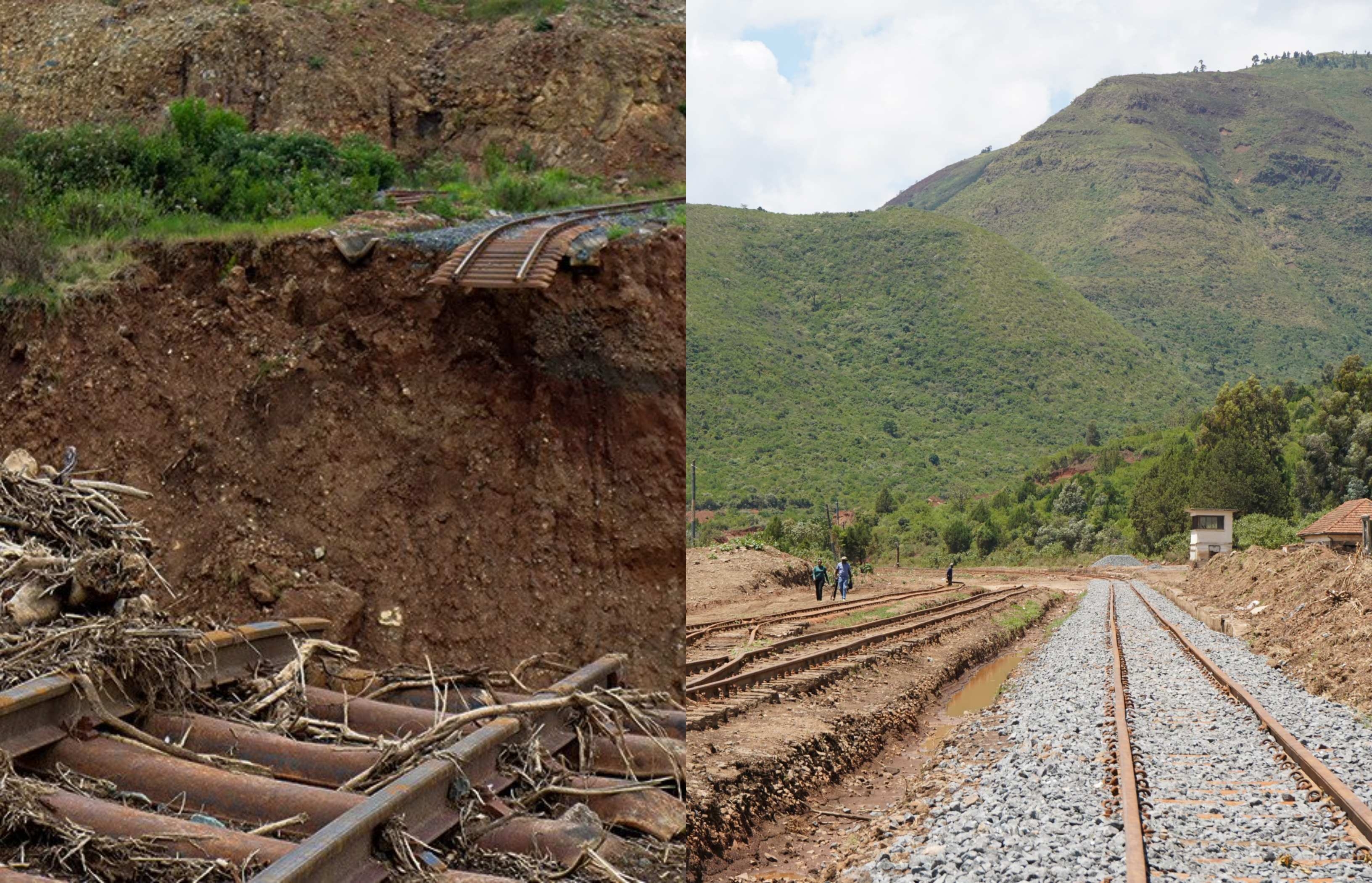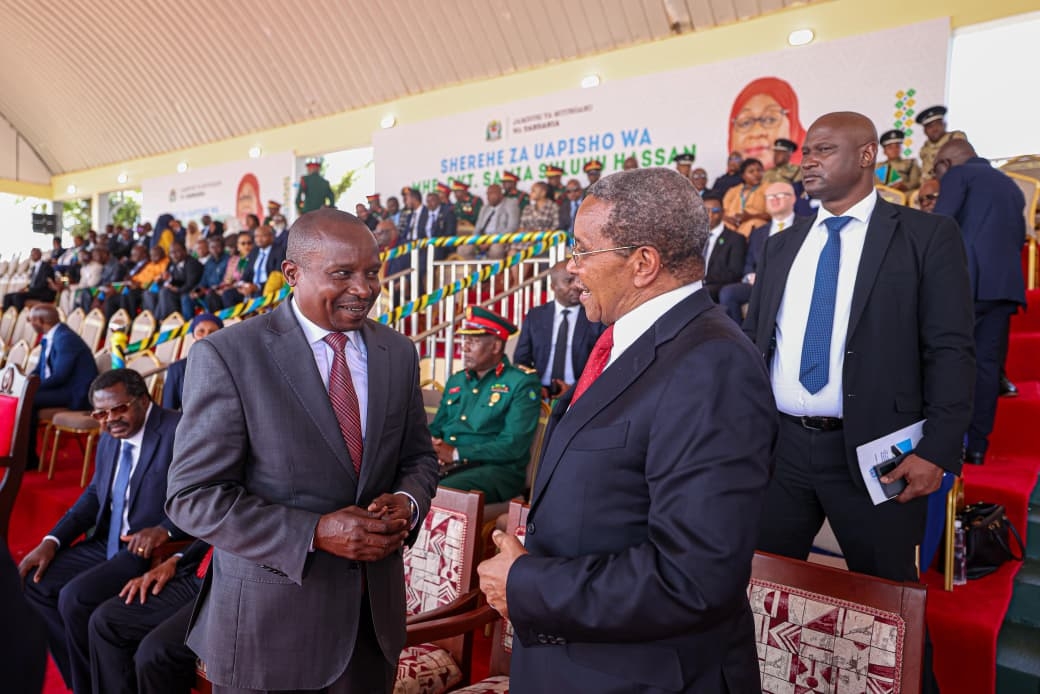For a long time in the country’s history, village elders have been involved in public governance at the grassroots level.
Village elders, headmen or wazee wa mtaa as they are popularly known, are the eyes of the government at the grassroots.
Though they play an integral role in the functioning of the national government at the village level by assisting chiefs and assistant chiefs in facilitating services, village elders have not been receiving remuneration.
They have been involved in the promotion of education, handling security issues, solving disputes, and promoting development initiatives and social services in their villages through the Nyumba Kumi Initiative.
Cognisant of their invaluable service to the community, Ruiru MP Simon King’ara has sponsored the National Government Coordination (Amendment) Bill, 2022 to accommodate village elders in the pay structure of the government.
The objective of the legislative proposal is to amend the National Government Coordination Act (2013) by specifically inserting a new subsection under Section 15 of the principal Act to recognise a village elder in each village unit.
Bill further proposes to ensure that these village elders will be paid allowances as may be approved by the Public Service Commission on the advice of the Salaries and Remuneration Commission.
The MP says village leadership is critical since leaders play crucial roles in rural communities and therefore help in rural community development by stimulating participation in coordination and development of various programs.
He cites Indonesia, Tanzania, Rwanda, Ghana and Botswana where village elders are recognised.
“In the above countries, village leaders are recognised through the Constitution and this enables them to perform their functions effectively and efficiently,” he explains.
Once the Bill is enacted, the village elders who have continued to coordinate government programmes freely without any allowance will be remunerated and be legally recognized as government officers.
“Village elders will continue with coordination of service delivery to the citizenry in many parts of the country,” Kang’ara adds.
"They will further help the National Government execute its mandate as given under the Constitution including security matters, banditry control and also mobilisation exercises at any given time."
Some 72, 360 village elders will be paid allowances as approved by Public Service Commission if the Bill sails through Parliament.
The Bill proposes a monthly allowance of either Sh2,000 or Sh12,455.
Apart from being remunerated, village elders will be legally recognised as government officers.
There are about 9,045 sub-locations, each assumed to have eight villages.
The village is the smallest politico-administrative unit in the country/the smallest tier of the government's administrative structure.
Village elders are chosen from community members depending on the length of time living in the community, knowledge of the community members, familiarity with the area, integrity, and educational level.
They command significant influence in the village and sit in most public committees within their territories.









![[PHOTOS] How Suluhu’s swearing in went down](/_next/image?url=https%3A%2F%2Fcdn.radioafrica.digital%2Fimage%2F2025%2F11%2F9cbad8a5-9bff-410e-b157-a335c61d6d8d.jpg&w=3840&q=100)











